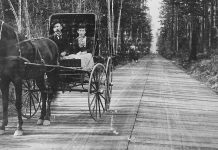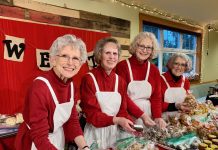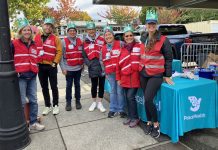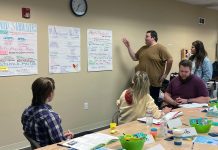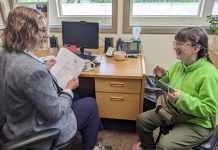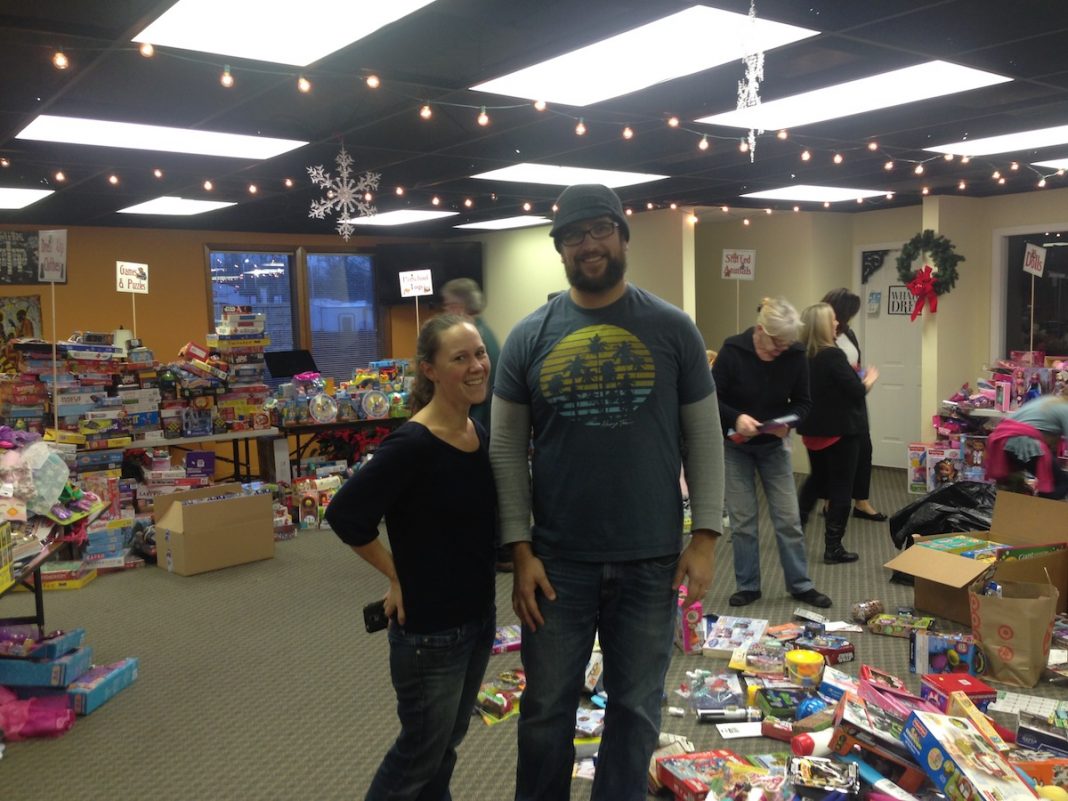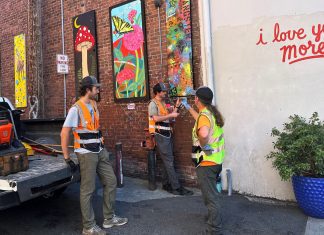Thomas Wilson and Jeff Littlejohn started The Whatcom Dream in an apartment complex laundry room in 1999. The goal of The Whatcom Dream was to help Whatcom County residents reach their dreams by providing financial education, support, encouragement and opportunities to “ladder-up” in their lives socio-economically. The complex was located in the highest crime block in Bellingham at the time: The 1800 block of Texas Street.
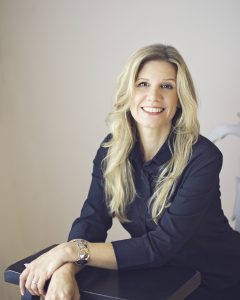
Trudy Shuravloff was a single mom living in the neighborhood when she heard about the classes offered by the nonprofit. She had grown up in poverty and found herself living in the same circumstances as an adult.
“I was born in Spokane to a single mom,” Trudy shared. “I was also a single mom, and just was repeating the things that had worked for her. My mom taught me the best she could, but I didn’t know anything different.”
She joined one of The Whatcom Dream’s Financial Literacy classes and began to learn new skills to stop subsisting and start thriving. In addition to learning how to effectively manage her money, the classes gave Trudy an opportunity to see herself in a new light. “They taught me that I’m a leader in my own right in my neighborhood.”
Eventually Trudy ended up going to college and getting a Human Services degree. Her education and experience growing up in poverty became valuable assets that led to her to become the Executive Director of The Whatcom Dream – a role she had never imagined for herself.
“I’m just a girl from the neighborhood making my way,” Trudy said. “And now I teach other people how to do that too.” But the nonprofit isn’t trying to fix people or do things on the behalf of those living in poverty. Instead it aims to support individuals in their unique journeys toward financial stability.
“Often there’s an assumption that poverty culture is bad,” Trudy shared. “It has beautiful things to it and things that are not so beautiful. How we get healthier – no matter where we come from – is having a diversity in our friends and in our support system.”
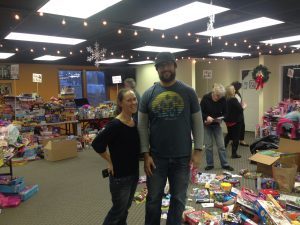
The Whatcom Dream increases that diversity by bridging the gaps between lower, middle and upper-income individuals and families in Whatcom County. They do this through Financial Literacy courses, Poverty Culture IQ classes and Poverty Simulations that are intended to give participants a common language to understand people from a variety of backgrounds.
“We try to promote a spirit of openness and learning,” Trudy explained. “Let’s try on each other’s lenses. We each have a tendency to think that the world is as we see it, but we’re all filtering our current experiences through our past experiences.”
Discussions about economic & social mobility tend to focus around how we move individuals and families to a point of being self-sustaining, often describing people living in poverty as burdens to society. Trudy explained that, in low-income neighborhoods, reliance upon the community can be seen instead as a strength. “If you’re a person in poverty looking at self-sufficiency of the middle class, it can look a little bit selfish,” shared Shuravloff. “There’s nothing wrong with the idea of self-sufficiency but it clashes with the culture of many people living in poverty.”
There are many ideas about the best ways to move people toward financial stability. The Whatcom Dream believes that getting individuals and families stable enough to buy homes is the best, most reliable way to end generational poverty.
“The key is home ownership,” shared Trudy. It can be a slow process, but she sees the ripple effect of home ownership beyond the family who lives there. “When people become a stakeholder in their neighborhood they won’t put up with the crime that they put up with before because there’s a sense of ownership.” But a crucial part of home ownership is having enough homes for people to buy.
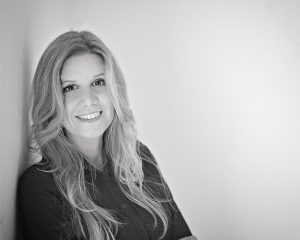
“In Bellingham we have a problem with housing right now. We have to be creative about how we infill. We want to maintain the character of our neighborhoods and make them nice places to live, and at the same time meet the needs of people for housing.”Trudy eventually bought a house in a
Trudy eventually bought a house in a middle class neighborhood herself, but she ended up moving right back to where she started on Texas Street after only five months. “I love my neighborhood and I love the relaxed boundaries in lower-income neighborhoods,” she said. “I was lonely in my middle class neighborhood, but I’m very happy here.” Through her work with The Whatcom Dream she is able to help encourage people from diverse backgrounds to live next door to each other instead of being separated by socioeconomic status.
“I love my community and I don’t yearn to move out of it,” Trudy said. “I feel like I’m growing where I was planted. It’s affordable, I feel very safe and I have all of my friends there. They’ve got my back and I’ve got their back. That is something I never want to give up.”
The Whatcom Dream offers ongoing classes and other opportunities for education to people from any background. Courses charge a modest fee to support the work and encourage folks who enroll to be invested and show up regularly, but there are scholarships available for those who are unable to pay. Go to http://thewhatcomdream.org/ to enroll in a class, donate, or volunteer.








